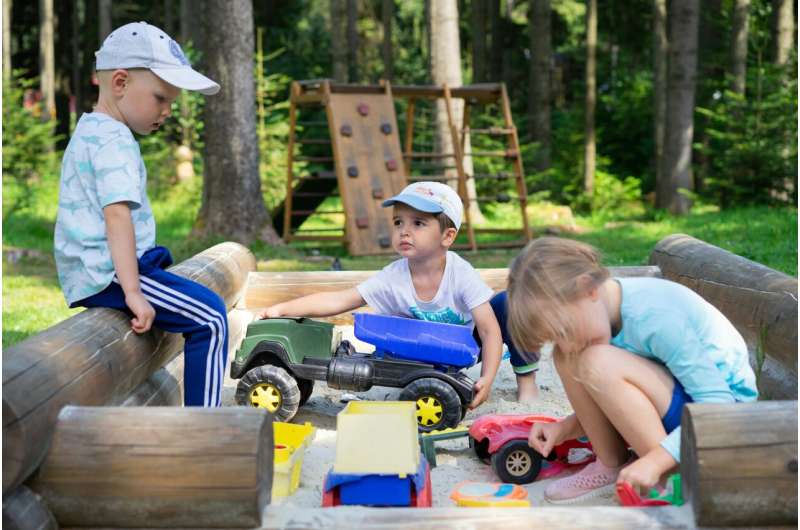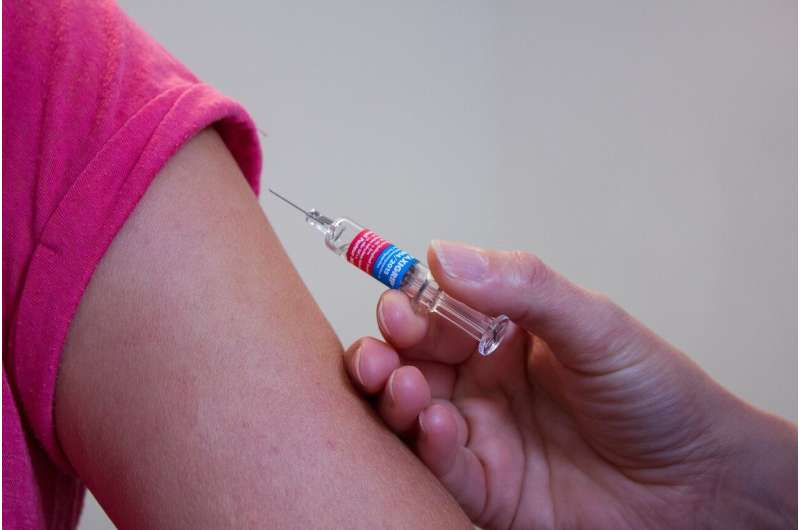Caring for Young Kids During Record-Breaking Heat: Challenges and Community Responses

Extreme heat poses serious risks for young children, prompting families and schools to adopt protective measures. Community-driven efforts focus on creating shade, green spaces, and climate-resilient facilities to keep children safe amid rising temperatures.
As climate change intensifies, extreme heat conditions pose significant challenges for parents of young children and educators alike. Recent data from the Stanford Center on Early Childhood reveals that families across diverse backgrounds are increasingly concerned about the impacts of high temperatures on their daily lives. Over half of these families express worry about how extreme weather affects their children’s well-being.
One of the most noticeable effects is the reduction in outdoor playtime, which is a vital part of early childhood development. To avoid the scorching sun, kids are spending less time outside, and outdoor activities are often limited to times when indoor cooling systems or water-based play can provide relief. Parents play a crucial role in ensuring their children stay hydrated and take adequate breaks, as young children may not yet recognize or communicate their heat discomfort.
Children under the age of six are particularly vulnerable to heat exhaustion and heatstroke because their bodies heat up more quickly than adults’ and they may not understand or express their symptoms effectively. Moreover, the emotional and developmental stability of families is affected when routines are disrupted by extreme weather events.
Between 2022 and 2024, approximately 25% of families with young children in California experienced at least one extreme weather event, including wildfires that displaced thousands and disrupted childcare routines. A survey of over 1,000 parents highlighted issues such as limited outdoor activities, health risks, and home damage as primary concerns.
In response to these challenges, parents are advocating for schools and communities to take more decisive action. Organizations like Reclaim Our Schools L.A. and Nature for All are urging the development of green spaces, shade structures, and upgraded HVAC systems to combat heat at school campuses. Some school districts, such as Los Angeles Unified, are already implementing projects to plant trees, install shade structures, and improve outdoor environments. These initiatives, funded through public investments and grants, aim to create safer, cooler outdoor spaces, though full implementation is still in progress and may take years.
Parental advocacy has successfully led to increased funding for school greening projects in districts like Pasadena and Long Beach. Community leaders emphasize the importance of schools not only as educational spaces but also as critical sources of relief during heatwaves. Despite these efforts, experts stress that significantly more work is needed to protect vulnerable children and ensure equitable access to safe outdoor environments.
This ongoing shift reflects a broader recognition of the importance of resilient, climate-adaptive infrastructures in safeguarding children’s health and supporting community well-being.
Stay Updated with Mia's Feed
Get the latest health & wellness insights delivered straight to your inbox.
Related Articles
Understanding COVID-19 Vaccine Attitudes: Insights from Diverse Perspectives
A comprehensive study explores the diverse motivations behind COVID-19 vaccine decisions, emphasizing tailored strategies and respectful dialogue to improve public health efforts.
Gfi1 Protein Plays a Key Role in Regulating Exhausted T Cells in Cancer and Infection
New research reveals the pivotal role of Gfi1 protein in regulating exhausted T cells, opening new avenues for enhancing cancer and infection immunotherapies.
Exploring Verapamil's Potential to Slow Progression of Type 1 Diabetes
Recent research suggests that verapamil, a calcium channel blocker, could help slow the progression of type 1 diabetes by preserving beta-cell function. The Ver-A-T1D trial shows promising results, highlighting future potential therapies for this autoimmune disease.



